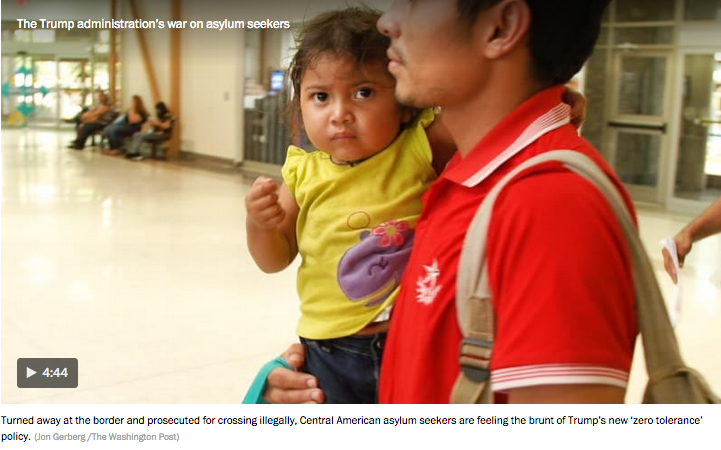Their mothers are missing, their fathers far away. They get pizza, maybe cold cuts. They are exhausted; they cannot sleep. There are other children around, but they had never seen those kids before, and those kids are crying or screaming or rocking or spreading the feeling that everything is not okay.
The children who were forcibly separated from their parents at the border by the United States government are all over the country now, in Michigan and Maryland, in foster homes in California and shelters in Virginia, in cold, institutional settings with adults who are not permitted to touch them or with foster parents who do not speak Spanish but who hug them when they cry.
The separations have stopped and the Trump administration has said that it is executing a plan to reunify the children with their parents before deporting them. Still, more than 2,000 children remain spread around the United States, far from their parents — many of whom have no idea where their sons and daughters have been taken.




